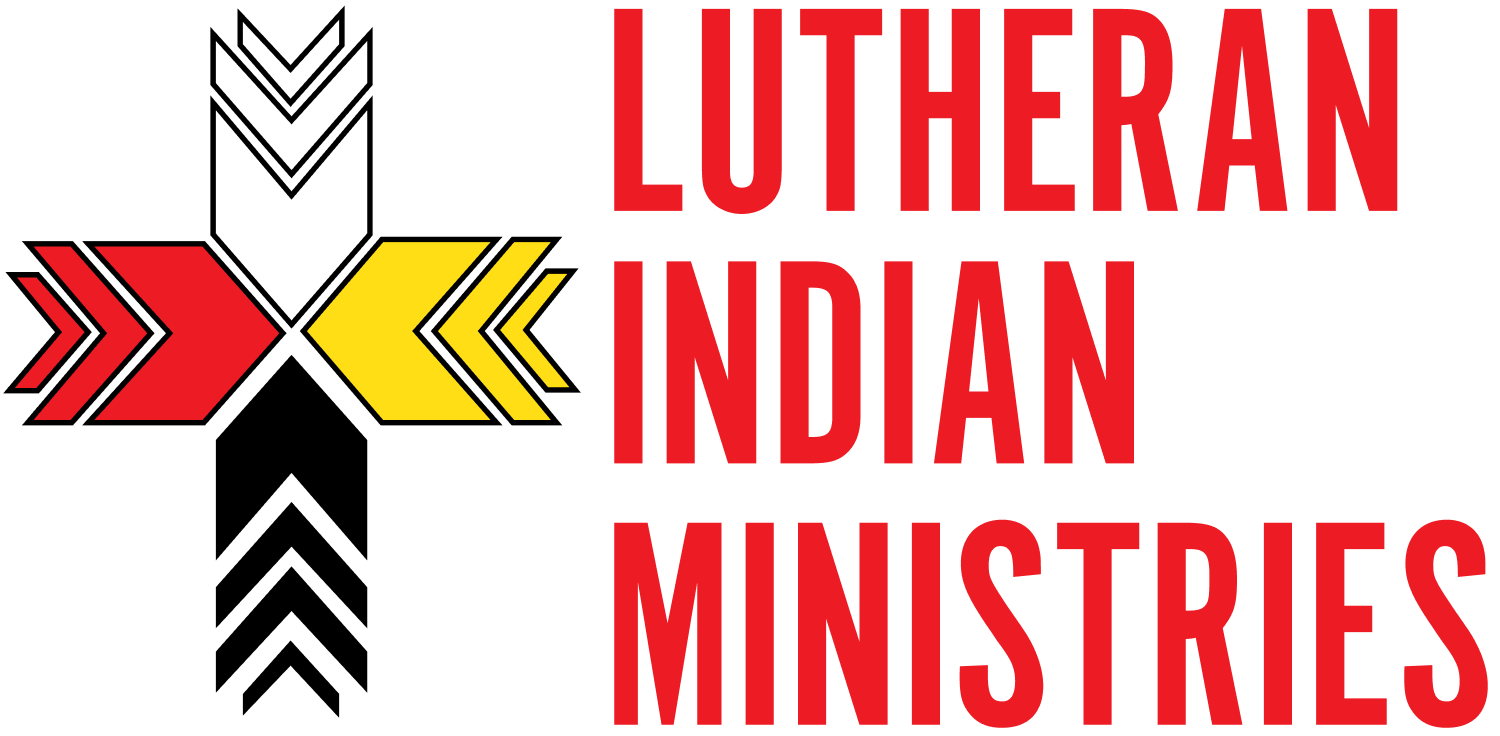What's in a Name?
While traditions and beliefs vary from one society to another, nearly every culture has its own version of a naming ceremony.
For Christians, it usually occurs during a baptismal ceremony or a confirmation event. It is the naming of the child, accompanied by the blessing, that welcomes them into the family of CHrist. And even within this tradition, families have their own individual traditions, the repeating of treasured family names or middle names.
In the same way, tribes and clans each have their own variations of the naming ceremony. In many, elders guide the process and in some cases even choose the child's name. Some naming ceremonies are big, celebratory events accompanied by feasts and gifts, others are private and the name is secret, known only to the individuals giving and receiving the new name.
Some Southwest Hopi, for example, still follow the tradition of their ancestors, wherein an ear of corn, representing MOhter Earth, is placed next to a newborn baby. Twenty days later, the corn is rubbed over the baby's body, held to face the rising sun, and is named when the first ray of sunshine hit's the baby's forehead.
Not far away, the Navajo, at one point, deemed their Navajo name so precious that they were used only during ceremonies. Any other day, people were referred to by the relationships or jobs, Mother, Son, Medicine Man, Hunter.
In the far north, atop the frozen tundra, the Inuit of the Bering Strait give newborns an atiq (a-teek), or spirit-name. Some Inuits still believe in reincarnation, and by naming an infant after a recently deceased family member, they believe the baby will receive the spirit of that person, as well as the name.
And along the Pacific coast, the Salish people follow a "naming trail." A baby is given a name by his or her parents at birth, usually a virtue or trait they hope to bestow on the child, but this name is replaced as the child nears adulthood by a tribal leader and reflects a strength or gift the person possesses.
Brooke, a Mohegan, notes that in the Native American naming tradition, names should change. Children receive names that are descriptive, they may be given new names at adolescence, and again as they go through life according to what their life experiences and accomplishments are. Society bestows a new name–a new name is earned.
W.S. Brooke explains, "Some people are like lakes. They change very little as they age. Some people are like rivers. When you trace the Mississippi, or any other river at its source, it can be very small. Later on, it can be wide and strong. When it meets the ocean, it spreads out." In other words, names should change as the individual changes.
It was in this way that many of our Lutheran Indian Ministries staff members received their Indian names. They share those stories below.
Tom Benzler (Ioway): About 14 years ago my good friend in Mative ministry took me for a ride in his old truck up into some rugged mountains to look for elderberry bushes, so we could make some native clapper sticks. (California tribes used these as their instruments.) As we started our journey I said to him, "I hope we see some bears on this trip today." We drove for about 10 minutes and right in front of us we saw a mother bear with 3 cubs. When she saw us, the 3 cubs climbed up a big tree. As we continued to watch, the mother bear called her babies down from the tree and off they went. It was such an unusual and great sight to see! My friend turned to me and said, "From now on, your Indian name is, "Three Bears."
Cathy Benzler (Cherokee): My Native name is "Dancing Heart." It was given to me 15 years ago on my 50th Birthday, (my Jubilee year.) I was told the reason I was getting that name was because of the love and joy I have for our Native people, and that when I am around them they could sense my heart dance!
Ricky Jacob: The Ho-Chunk (Winnebago) name that I am called is "Wahokunga" loosely translated 'he is the voice', it comes from 'wahoku' ~ the verb form is 'to preach or spiritual communication;' the noun form is 'preacher.'
Rick McCafferty (Inupiaq/Cherokee): I was introduced to my Cherokee family in adulthood, after I had already begun my work with Beauty for Ashes and the healing of trauma, so I was given the name, "Cares for his people" by a Cherokee elder. It is a privilege to bear that name!
